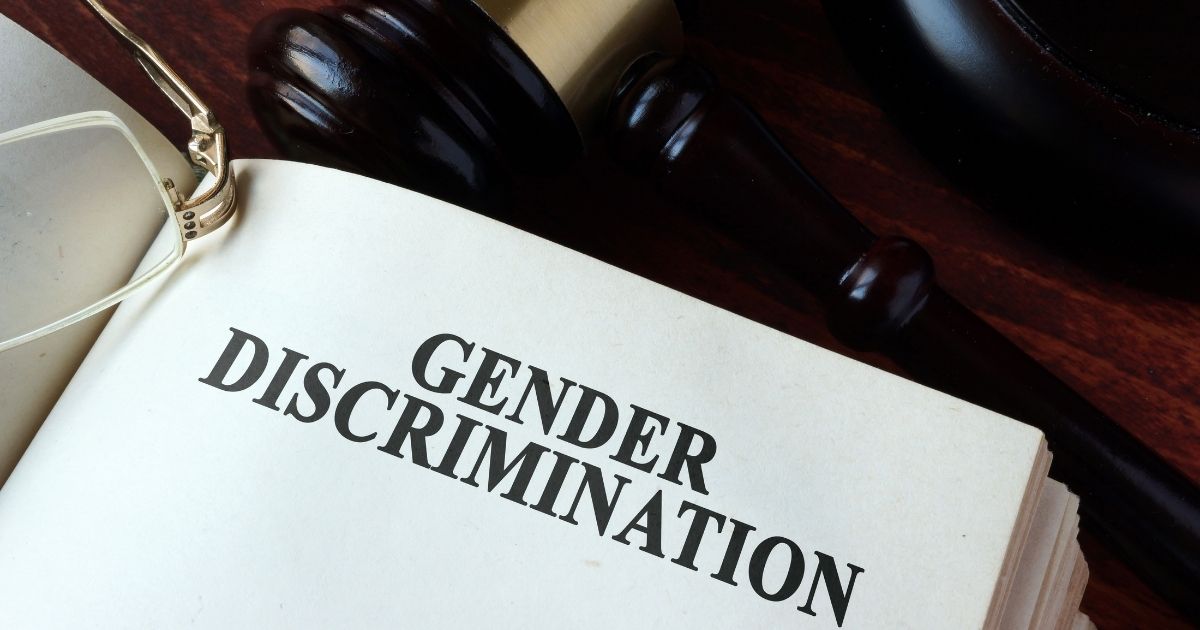How can Schools Prevent Gender Identity Discrimination?

Executive Order 13988, Preventing and Combating Discrimination on the Basis of Gender Identity or Sexual Orientation, expands upon prohibited forms of discrimination under Title IX of the Education Amendments of 1972, Title VII of the Civil Rights Act of 1964, the Immigration and Nationality Act, and the Fair Housing Act. Additionally, the executive order reestablished the transgender rights policy that was published in 2016 by the Department of Education and the Department of Justice. Educational institutions must not discriminate and treat transgender students any differently.
Executive Order 13988 expands the categories for prohibited sex discrimination, including gender identity, expression, and sexual orientation discrimination. It states that children should have the ability to learn in school without having to worry if they will not be allowed to use locker rooms or restrooms or be allowed to play on school sports teams.
The protections also apply to school administrators and staff. The order also states that adults should not have to fear being mistreated, demoted, or fired for not conforming to sex-based stereotypes. Every person is entitled to equal treatment under the law, and this should not be any different based on their gender identity or sexual orientation. Educational institutions and school district leaders must frequently review their policies and procedures to make sure that the rights of transgender students and employees are being protected.
To prohibit any type of discrimination, the first step would be to review anti-discrimination and harassment policies. Schools need to ensure that their locker room and restroom access policies provide the same access for all students and employees consistent with gender identity. Anti-harassment and discrimination training programs also need to be enforced.
How Do I Report a Title IX Violation?
All members of educational communities have to comply with Title IX regulations and Executive Order 13988, from students to faculty to administrators. Anyone who witnesses or is otherwise impacted by behaviors or events that could be construed or perceived as sexual or gender harassment, discrimination, assault or misconduct is required to report it.
Institutions and school districts should have their own procedures for reporting Title IX violations, with steps for reporting and resolving the complaints. Having a supportive process that allows people to report discrimination and be treated fairly is essential, and this fair treatment also applies to those who are accused to protect their rights. Complaints and the accused can both be individuals or groups. Internal investigations of the allegations are required by law and must be conducted in a timely, thorough manner.
Designating a staff member, such as the head of the Human Resources (HR) Department, to serve as the institution’s Title IX coordinator is helpful. A coordinator can help ensure consistency for reporting procedures and investigations. This person can work with other staff members to monitor the environment for any situations that could be viewed as discriminatory.
Other staff members can be involved by joining committees organized to set up anti-discrimination and harassment training, to design new, inclusive programs, and to conduct follow-through on complaints of alleged discrimination. Groups can also be organized to rewrite the policies and share the information with staff and students.
Philadelphia Employment Lawyers at Sidkoff, Pincus & Green P.C. Help Schools Remain Compliant With Anti-Discrimination Policies
Staying compliant with Title IX and other anti-discrimination policies is the safest way to protect students and staff. If you are encountering problems with harassment or a flawed anti-harassment policy, contact a Philadelphia employment lawyer at Sidkoff, Pincus & Green P.C. Complete an online form or call 215-574-0600 for an initial consultation. Located in Philadelphia, we serve clients throughout Pennsylvania and New Jersey.















